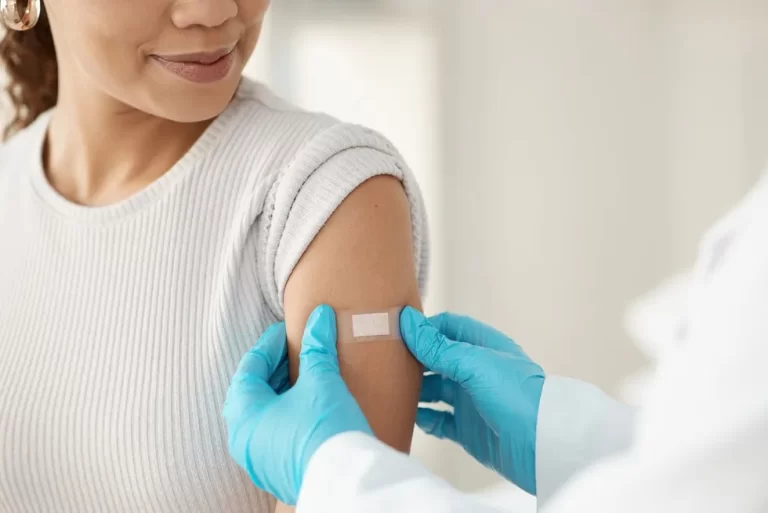[[{“value”:”
We’ll get straight to the point: You should get an updated Covid vaccine when it’s available this fall.
Per the latest recommendations from the Centers for Disease Control and Prevention (CDC), everyone aged 6 months and older should get the 2024-2025 vaccine. So, unless you’re a tiny baby, that means you. (If you are a tiny baby reading this — respect — you’re already making good choices.)
We don’t know exactly when the updated vaccine will be available — the CDC said this fall — but we’re putting it on your radar now so you have a plan in place when it’s ready. Like earlier options for the vaccine, the 2024-2025 Covid vaccine will help protect from severe illness from Covid and also help protect from the latest strains of the virus.
Read: Choose to Protect Yourself and Your Loved Ones: Get Vaccinated Against Covid >>
That’s the tricky thing about Covid. The virus that causes it, SARS-CoV-2, is constantly changing and protection from a vaccine gets weaker over time. So if you received a Covid shot last year — or anytime ever — you should still get the latest version when it’s available.
Women and long Covid symptoms
We know you’re enjoying your “brat summer” and it’s a bummer to think about Covid, but it’s important to recognize that the virus is still around and it’s still deadly. Last year, more than 916,000 people were hospitalized with Covid and more than 75,500 people died from the disease.
Getting the vaccine can also reduce the risk of long Covid, sometimes called “post-Covid-19 condition,” which can be just as hellish as it sounds. Long Covid causes life-altering health problems such as heart palpitations, fatigue and brain fog that last for at least two months.
Read: Long Covid Ended My Time as a C-Suite Executive, but I’m Not Giving Up on Life >>
Research is ongoing as to all the different ways long Covid may affect mental and physical health, but we know that women and people assigned female at birth are more likely to get long Covid compared to men.
FLiRT Covid variants
The good news is that vaccines are the best way to protect against severe illness from Covid and evolving variants.
The bad news is that the latest Covid variants, called FLiRT variants, are spreading quickly across the country.
This month, viral activity measured in wastewater reached “high” levels nationwide for the first time since last winter. And Covid-related visits to the emergency department are increasing — July has seen the highest number of visits recorded since February.
The symptoms of the FLiRT Covid variants range from person to person but can include:
Body achesCoughRunny noseSore throatShortness of breath
Researchers note that the recent uptick in Covid cases is similar to the “summer surges” seen in years before. But it’s a good reminder that Covid doesn’t take a summer break, so it’s important to stay up to date on vaccinations.
Where to get a Covid vaccine
Major pharmacies across the country will offer the updated vaccine when it’s available. Other facilities such as your healthcare provider’s office and local health department will also have the updated vaccine.
To keep track of when it’s available, check the CDC website. Right now, Walgreens and CVS websites recommend checking back in late summer for more information and when you can schedule an appointment.
The updated Covid vaccine will be free — as it’s always been — so all you have to do is show up.
We know the end of summer can be a busy time, so set an alarm or add a calendar reminder to schedule your Covid vaccination when the time comes. After all, you’re never too busy to protect yourself and your loved ones from a deadly virus.
“}]]




